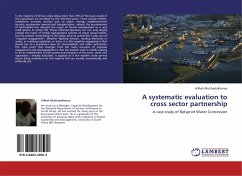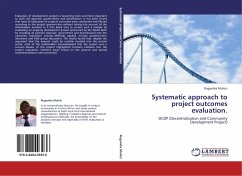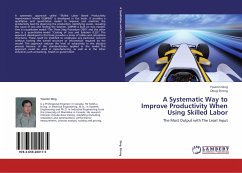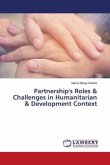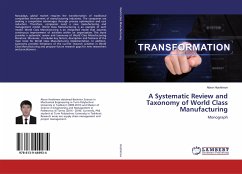In the majority of African cities today more than 75% of the basic needs of the population are provided by the informal sector. These include shelter, subsistence incomes, services such as water, energy, neighbourhood security, wastewater removal and transportation. Indeed, the pervasiveness of informalism has reduced the scope of formal management to a very small sphere of urban life. These informal dynamics are not only largely outside the reach of formal management systems of urban governments, but the present relationship of the urban poor to authorities is also one of negative engagement . Whether fighting eviction, stealing electricity or water, or resisting regulation or taxes, it is this negative engagement that stands out as a prominent issue for municipalities and other authorities. The main point that emerges from the many accounts of negative engagement and disengagement is that the modern state is rapidly ceasing to be an embodiment of civil society and protector of the poor, week and oppressed. s already indicated, it appears as if the modern state cannot secure living conditions for the majority that are socially, economically and politically just.
Bitte wählen Sie Ihr Anliegen aus.
Rechnungen
Retourenschein anfordern
Bestellstatus
Storno

